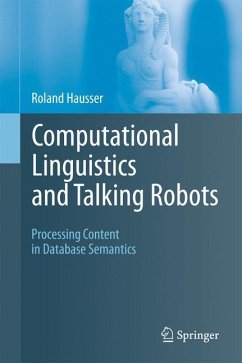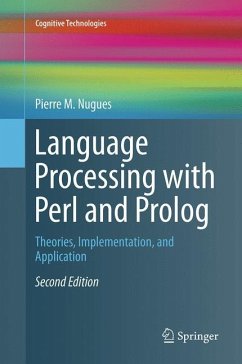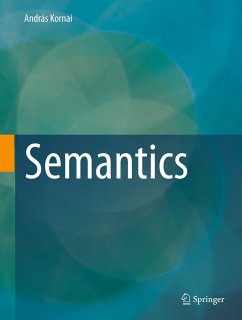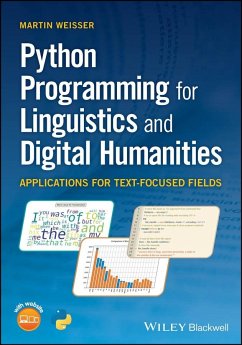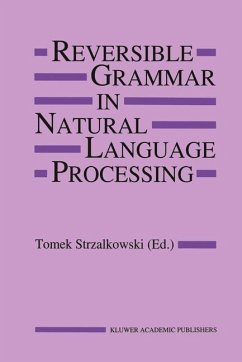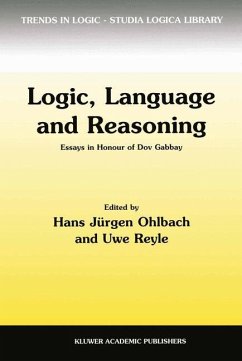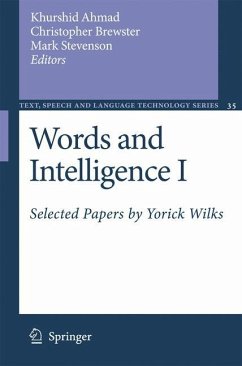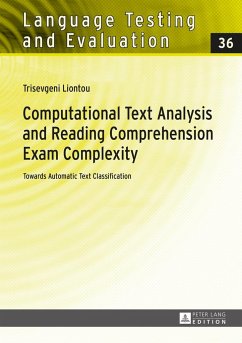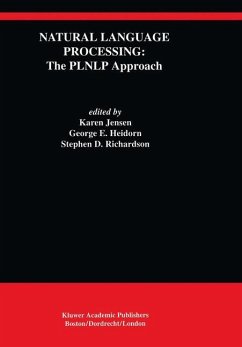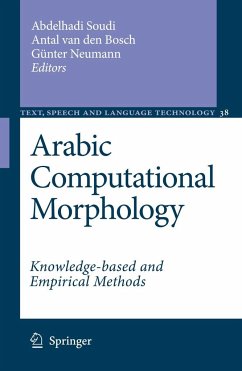
Foundations of Computational Linguistics
Human-Computer Communication in Natural Language
Versandkostenfrei!
Versandfertig in 1-2 Wochen
64,99 €
inkl. MwSt.
Weitere Ausgaben:

PAYBACK Punkte
32 °P sammeln!
The central task of a future-oriented computational linguistics is the development of cognitive machines which humans can freely talk with in their respective natural language. In the long run, this task will ensure the development of a functional theory of language, an objective method of verification, and a wide range of practical applications. Natural communication requires not only verbal processing, but also non-verbal perception and action. Therefore the content of this textbook is organized as a theory of language for the construction of talking robots. The main topic is the mechanism o...
The central task of a future-oriented computational linguistics is the development of cognitive machines which humans can freely talk with in their respective natural language. In the long run, this task will ensure the development of a functional theory of language, an objective method of verification, and a wide range of practical applications. Natural communication requires not only verbal processing, but also non-verbal perception and action. Therefore the content of this textbook is organized as a theory of language for the construction of talking robots. The main topic is the mechanism of natural language communication in both the speaker and the hearer.
In the third edition the author has modernized the text, leaving the overview of traditional, theoretical, and computational linguistics, analytic philosophy of language, and mathematical complexity theory with their historical backgrounds intact. The format of the empirical analyses of English and German syntax and semantics has been adapted to current practice; and Chaps. 22-24 have been rewritten to focus more sharply on the construction of a talking robot.
In the third edition the author has modernized the text, leaving the overview of traditional, theoretical, and computational linguistics, analytic philosophy of language, and mathematical complexity theory with their historical backgrounds intact. The format of the empirical analyses of English and German syntax and semantics has been adapted to current practice; and Chaps. 22-24 have been rewritten to focus more sharply on the construction of a talking robot.





